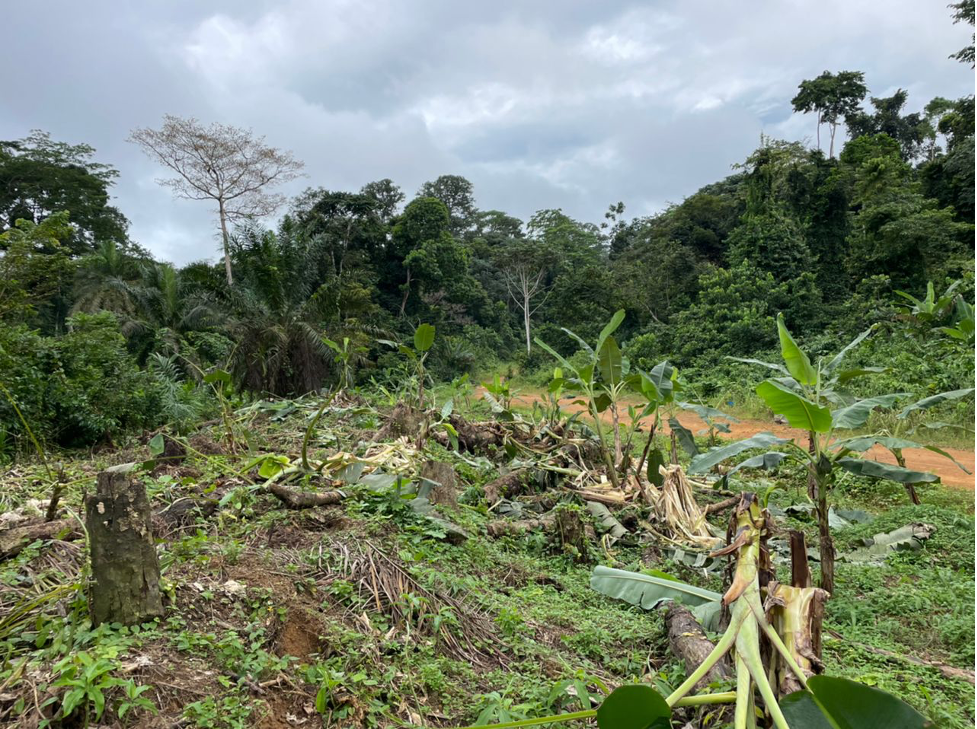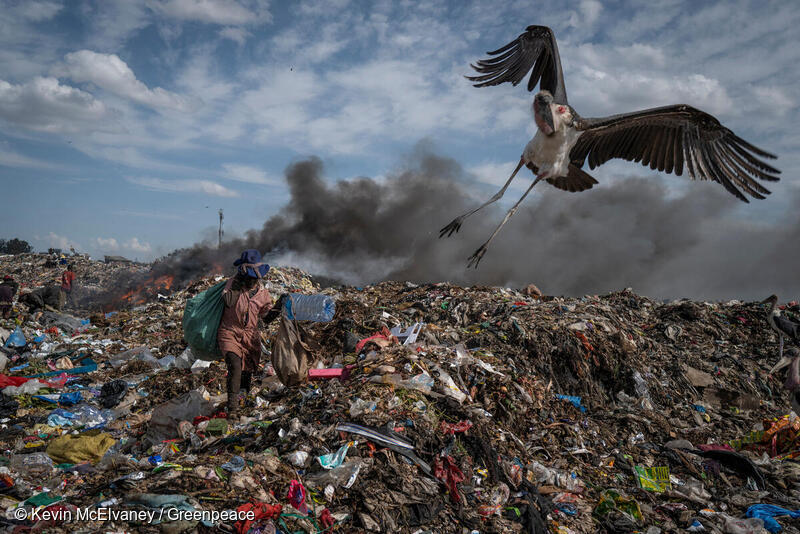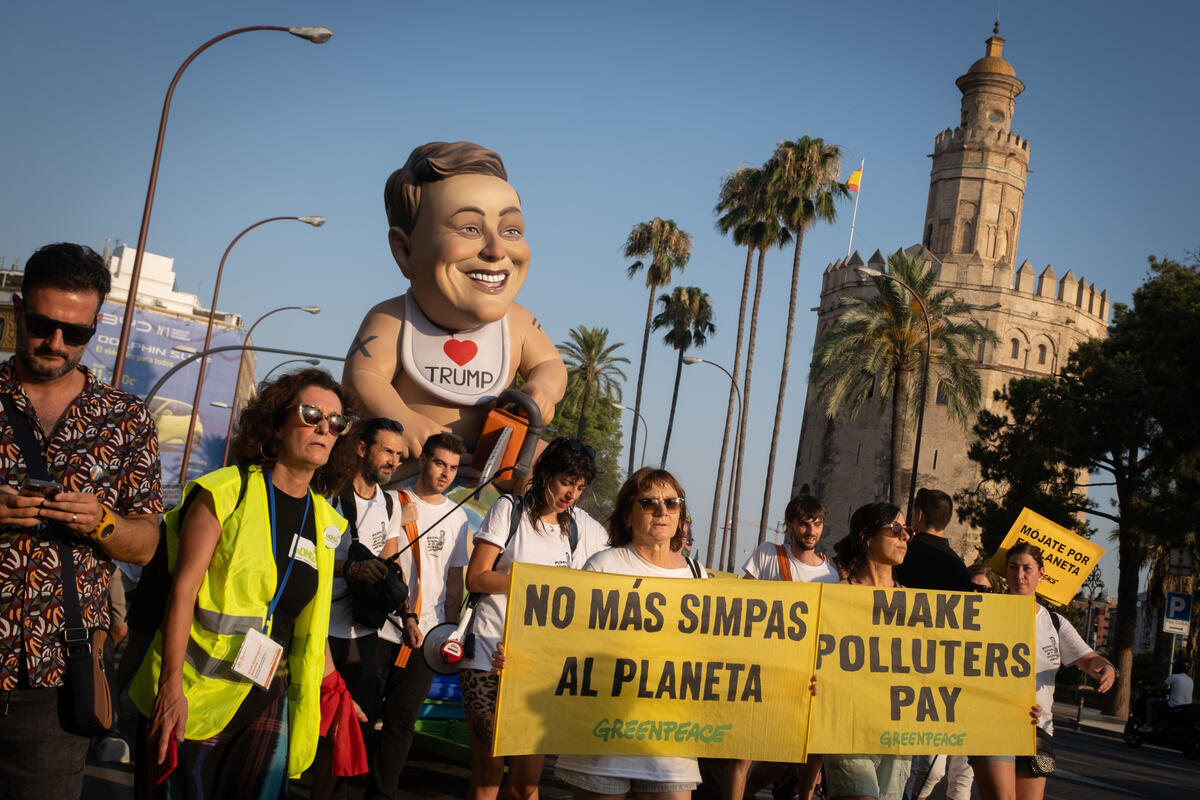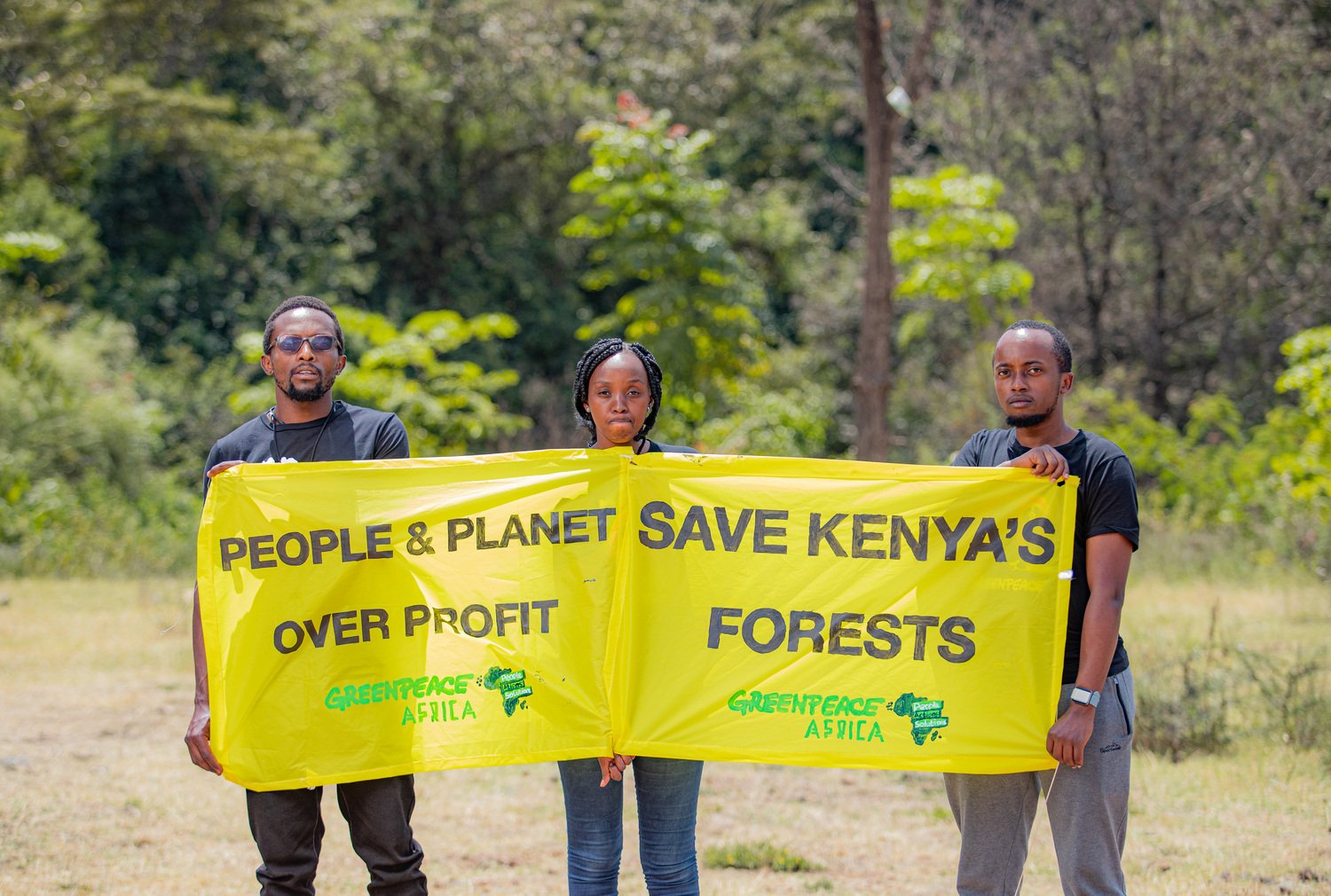
Yaounde 14-06-2023 A few days after the celebration of World Environment Day, Greenpeace Africa is once again raising the issue of human-wildlife conflicts in several regions of Cameroon. The organization is calling on the Cameroonian government to take this issue more seriously, and pointing the finger at increased deforestation in southern Cameroon as one of the causes of the spread of this phenomenon.
The appearance of several elephants recently left one dead in the town of Garoua, in the North Cameroon region. These four pachyderms from the Waza national park visited several parts of the regional capital on May 24, 2023. “While this appearance of the animals aroused the curiosity and enthusiasm of the local population, who turned out in large numbers to witness this distressing spectacle, it also raises questions. Animals such as elephants should not cohabit with humans. When this happens, it’s because their habitat has been destroyed and their corridor certainly disrupted,” said Sylvie Djacbou, Congo Basin Forest Campaigner at Greenpeace Africa.
The release of these elephants in the north comes on top of the many similar releases recorded in Campo, in the southern region, in recent months. “The clearing of the forest by the Camvert company is unfortunately affecting the wildlife corridor in Campo Ma’an National Park. The consequences are disastrous: the communities’ plantations are constantly devastated and the animals continue to terrorize the village. It’s time for the Cameroonian government to pay special attention to solving this man-wildlife conflict, which has become very frequent in the context of large-scale logging operations such as those observed with Camvert,” adds Sylvie.
The government is about to receive almost €20 million for forest protection from the German government, following an agreement signed at the end of May in Berlin. “It is more than important to direct these funds firstly to repairing the damage to forests in the South and North regions, and secondly to protecting these areas’ biodiversity and securing the livelihoods of local and indigenous communities. This requires the immediate suspension of forest clearing activities, as well as bringing all stakeholders around the table, mainly the communities, in order to find a viable and environmentally-friendly economic development model different from the current model. The current is rooted in deforestation and the destruction of biodiversity, and which remains opposed to the protection of community rights,” adds Sylvie Djacbou.
Media’s contacts
Greenpeace Africa Press Desk: [email protected]
Luchelle Feukeng
Communications Officer, Greenpeace Africa
Email: [email protected]
Phone: +237 656 46 35 45 (WhatsApp)



